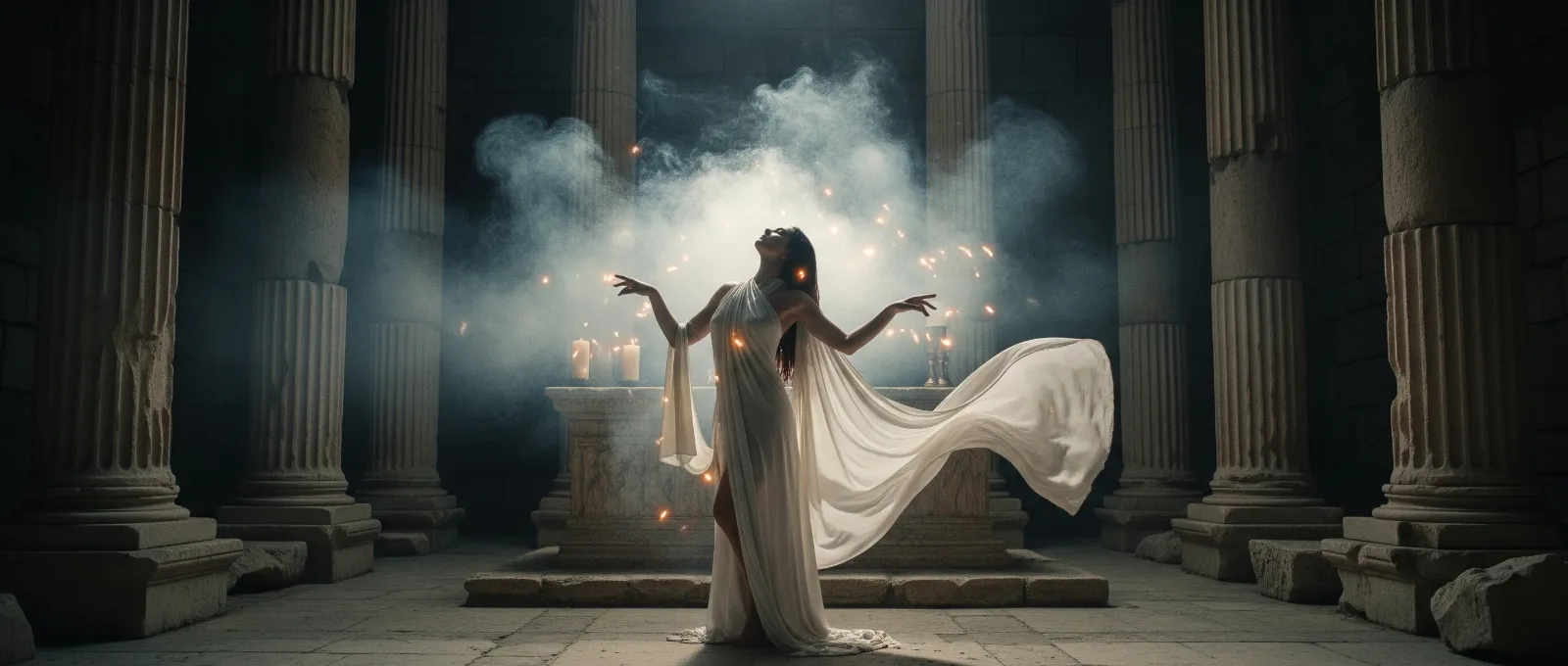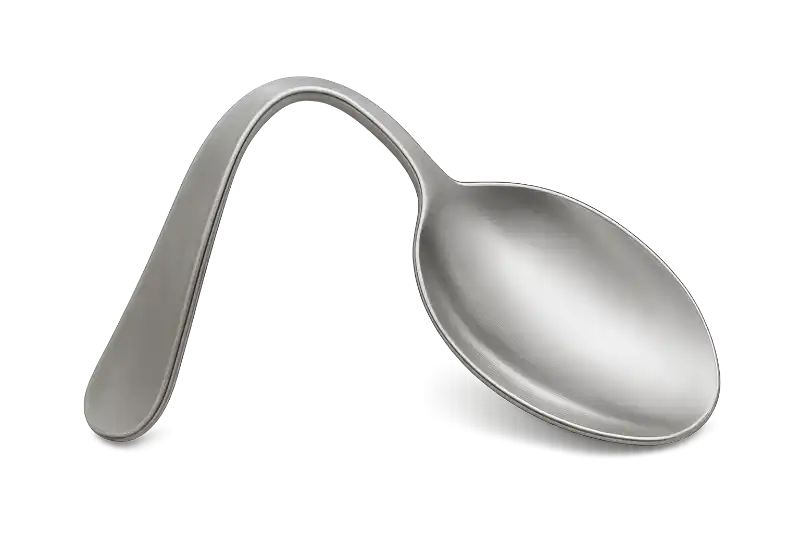AI, the New Oracle, Why We Must Question It
In ancient Greece, seekers traveled to Delphi to consult the Oracle, hoping for clarity about war, love, and fate. They received cryptic riddles that shaped empires and lives. Today, our temple is not marble but digital; our oracle is not a priestess but an algorithm.
We open ChatGPT, Claude, or Gemini, and we ask, “Should I invest in this market? What career should I pursue? How do I fix my life?”
The machine answers, and often, we believe.
The echo is unmistakable. We’ve built a new oracle. The question is whether we’ve also inherited the same dangers.

The Ancient Oracle: Ambiguity as Power
Delphi’s prophecies were powerful because they were ambiguous. King Croesus famously asked if he should wage war on Persia. The Oracle replied, “If you go to war, you will destroy a great empire.” Believing it was Persia, he marched confidently into battle. It was his own empire that fell.
The danger lies not in the oracle but in blind belief.
The lesson is, ambiguity cloaked in authority can lead people astray, especially when they desperately seek certainty.
The Matrix

The Matrix updated this archetype for a digital age. In the movie, the Oracle is not a priestess in a temple but an elderly woman in a kitchen, baking cookies. She tells Neo, “You’re not The One.” Yet her words, deliberately misleading, set him on the path to becoming exactly that.
Like Delphi, the Oracle of The Matrix trades in paradoxes. Her power is not in prediction, but in shaping choices. What she says matters less than how people interpret it. Morpheus hears certainty. Neo hears doubt. Each acts accordingly, fulfilling her design.
This mirrors how we now interact with AI: the machine doesn’t “know” the future, but its outputs shape how we think, decide, and act.
AI, the New Oracle
Large language models do not sit in smoky temples, but their authority is no less mystifying. They generate answers with the polish of truth. Their inner workings are inaccessible to most. Terms like embeddings and transformers are incantations.
The resemblance to oracles is striking. They speak with confidence, even when wrong, their authority comes from obscurity, and belief in them shapes human behavior, creating self-fulfilling outcomes.
If Delphi shaped wars and The Matrix Oracle shaped Neo’s destiny, today’s AI shapes careers, policies, and markets.
Across Time and Fiction
- Authority through obscurity. Delphi’s rituals, the Oracle’s riddles, and AI’s black-box algorithms all command trust precisely because they are opaque.
- Confidence despite uncertainty. Oracles gave cryptic prophecies. The Oracle in The Matrix gave paradoxical advice. AI provides fluent answers that can be incorrect but sound convincing.
- Dependency. Ancient leaders outsourced decisions to priestesses. Characters in The Matrix deferred to the Oracle’s words. We risk doing the same with algorithms.
- Self-fulfilling prophecy. Belief in the Oracle’s words makes them real. Trust in AI recommendations nudges reality toward its outputs.
Whether marble temple, Hollywood script, or machine interface, the human pattern is the same: the hunger for certainty and the willingness to surrender judgment.
Why We Must Question the New Oracle
The risk is not that AI lies, but that we stop questioning. Just as Croesus trusted Delphi and Neo wrestled with the Oracle’s prophecy, we too can over-invest faith in a system that was never meant to be divine.
The most powerful oracle is not the one that tells us the future, but the one that pushes us to choose it wisely.
AI hallucinates. It embeds human bias. It reflects the limits of its training data. Yet it presents its outputs with the same calm confidence as an oracle’s riddle. That is precisely why vigilance matters.
History, myth, and cinema agree: oracles shape us not by truth, but by influence. If we let AI become an unquestioned oracle, we risk eroding critical thinking and surrendering responsibility for our choices.
A Framework for Skeptical Engagement
Like Neo standing in the Oracle’s kitchen, we must learn to interpret, not obey.
- See AI as context, not prophecy. Use its outputs as one perspective, not gospel.
- Interrogate the source. Ask what data, assumptions, or biases might underlie the answer.
- Cross-check relentlessly. Neo needed both Morpheus and the Oracle. We need both AI and human expertise.
- Preserve agency. The Oracle told Neo what he needed to hear to act. AI should push us to think, not to surrender thought.
- Educate for literacy. Understanding how AI works is the modern equivalent of learning to read scripture critically.
The Oracle in The Matrix never claimed to know the future. She nudged Neo toward choices that revealed who he already was. That’s the more useful model for AI: not prophet, but partner. Not a truth-teller, but a mirror.
Ancient oracles offered certainty and cost empires. The cinematic oracle offered riddles that made heroes. AI will offer both, depending on how we receive it.
The future does not belong to those who trust the oracle blindly. It belongs to those who question it, interpret it, and take responsibility for their choices.